The needs of your dog will change as he grows older, just like things change for you. As their bodies slow down, they will become less active, sleep more, and have different dietary needs. While the age a dog is considered a senior differs from each breed and individual, the term typically refers to dogs between 7-10 years old. Because dogs may need some extra attention and care as they grow older, we’ve compiled some tips for helping you keep your dog as happy and comfortable as possible.
#1 – Understand Dogs Hide Pain
Even as they age, dogs remain very stoic animals that have a natural tendency to hide any signs of pain or illness. Because certain ailments, such as arthritis, tend to come on later in life, we should keep an extra eye out for any symptoms of discomfort when our dogs are older. Even cancers can go undetected for a long time before an owner notices symptoms – and often when it’s too late. So pay a little closer attention than normal for signs your senior pup isn’t doing so well.
#2 – Schedule Regular Vet Exams
Because their bodies change as they grow older, it’s important to keep your dog’s medical records up to date. An annual vet visit will screen for any illnesses that are more likely to pop up as your dog ages, and your vet might catch some symptoms of pain and discomfort that you’re unable to recognize on your own. Keeping a close relationship with your veterinarian will also make communication easier if something unexpected does come up.
#3 – Watch Out for Blindness
Many dogs will develop cataracts as they age, even if they have had perfect eye health earlier in their lives. Keep an eye on your dog, and you might notice she’s having a harder time getting around at night. As the blindness progresses, your pup will eventually be unable to see during the daytime as well. Watch for your dog running into walls or having difficulty jumping on or off the couch, or falling down steps or off a curb when walking. Make sure you have your dog checked out by a veterinarian to make sure there are no other underlying ailments causing the blindness.
#4 – Watch Out for Deafness
Just like people, hearing is another luxury that goes away with age. While some dogs will maintain their hearing throughout their lives, it’s not uncommon for our senior dogs to become deaf. If you notice that your dog is suddenly ignoring you, or perhaps not coming when he hears the can opener like he used to or greeting you when you walk in the door, it’s a good idea to get his hearing checked.
Deafness often comes gradually, so you may notice your dog hears some things but not others. This is normal, but it’s important to get your pup checked out by a veterinarian to make sure the deafness is indeed a sign of old age. It’s extra important to never leave a deaf dog left unsupervised outside of a safe area, because he won’t be able to hear dangers that other dogs will.
#5 – Update Feeding Regimens
As your dog ages, her dietary needs will change. Overfeeding a dog during her senior years is a recipe for trouble, as aging bones and muscles will be unable to support the added weight. Any extra fat added onto arthritis will also ensure that your pup is very uncomfortable and even in pain. Sometimes dogs will regulate their own eating, but most won’t and you might notice your senior dog will eat just as much as a puppy. Check with your veterinarian to get an idea of what sort of dietary needs are required for your dog.
#6 – Note Behavioral Changes
There are a number of reasons dogs suddenly change their behavior, and perhaps one of the biggest ones is due to pain or illness. Your dog has no other way to tell you he’s uncomfortable, so you might notice that he’s suddenly aggressive when it comes to being touched or petted. Maybe he’s pacing around aimlessly and can never seem to get cozy in his bed.
No matter the change in behavior, always check with your vet to make sure there’s no underlying cause. Once the reason for the behavior change is discovered, we can make our pups feel better and typically stop the behavior. Furthermore, if your dog is acting confused and lost, he may be showing signs of dementia. Dogs will dementia will often get stuck in a room or staring at a wall. They will forget where they are or how they got there, just like a person with the disease would.
If your dog is showing very strange behavior, definitely make the trip to the vet.
#7 – Don’t Rush Into Scolding
If you notice your pup eliminating in the house even though she’s been housebroken her entire life, don’t immediately get upset with her and assume she’s being disobedient. Incontinence is a very real part of aging, and a lot of dogs will experience it as they get older. Once your veterinarian rules that your dog does have incontinence, you can work together to improve the condition. But don’t get mad at your dog, chances are she’s feeling embarrassed that she’s going potty in the house because she knows she’s not supposed to.
#8 – Adjust the Comfort Level of Your Home
As our dogs age, they’ll lose muscle mass and bone density. A lot of dogs will also lose some weight. Because of this, it may be uncomfortable for them to rest on hard surfaces. Make sure to provide extra cushioning and beds in all of your most frequented rooms, that way your pup has somewhere soft to rest everywhere you go. If you’ve got a lot of steps or couches and beds that are a high jump, consider buying plush stepstools or a ramp to make it easier for your dog to get into higher places.
Related: The 9 Best Beds for Senior Dogs
#9 – Check Your Dog’s Teeth
Whether you’ve kept up on routine dental care throughout the life or your dog or not, your dog’s teeth will become weaker as he ages. To make sure there isn’t any painful damage, be sure to keep brushing them and getting them checked out by your veterinarian. As our dogs age, anesthetic dentals may not be the safest route of dental care anymore. But with the help of your veterinarian, regular brushing and dental chews should ensure your dog’s ability to eat pain free.
#10 – Keep Up Grooming
Regardless of your dog’s age, regular grooming will keep her happy and comfortable. Whether she needs a full blown hairdo by a groomer or just a bath and brushing at home, grooming is generally enjoyable for all pets. It will help keep your dog’s skin and coat healthy, give them a nice scratch and massage, and provide some quality time for you to spend together.
Keeping your dog comfortable is one of the best things we can do as they age, and maintaining their health is important to ensure that the precious time they have left with us is filled with happy, loving days.
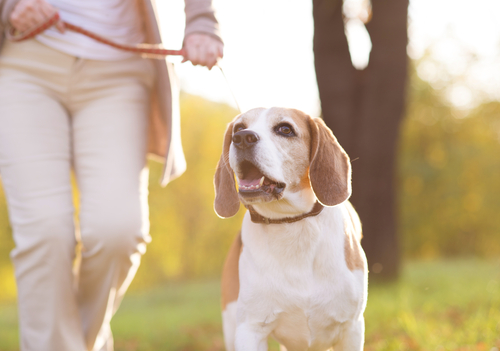
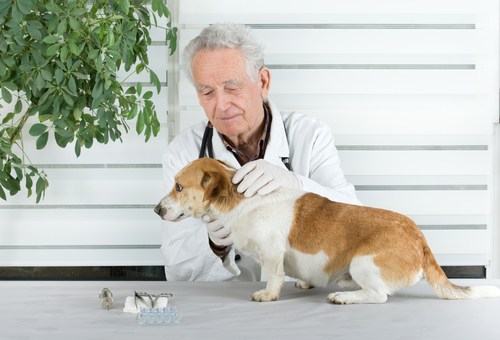
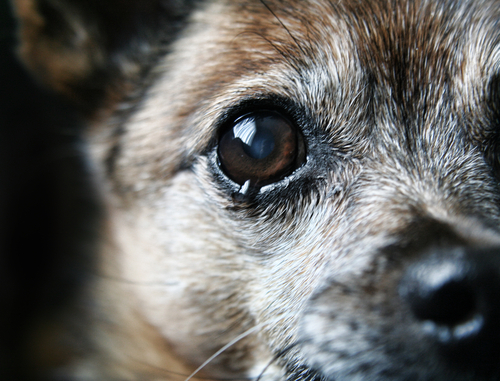
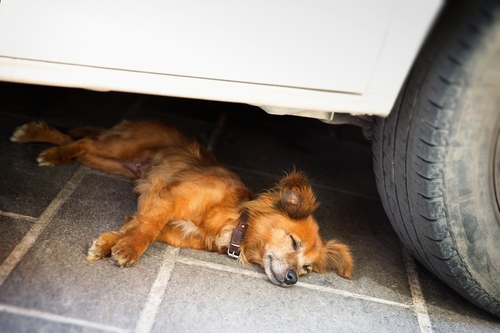
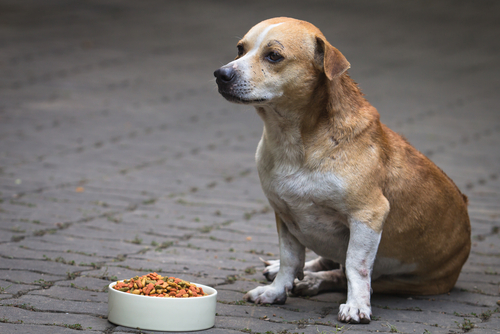
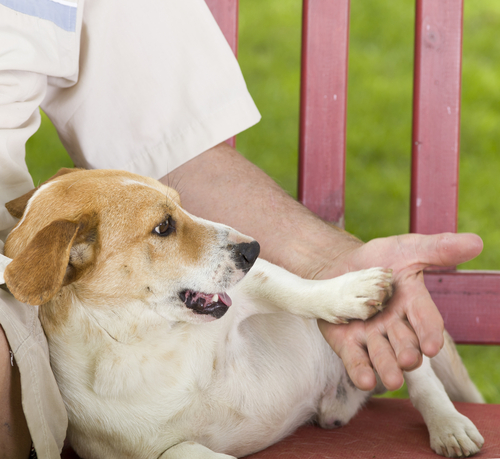
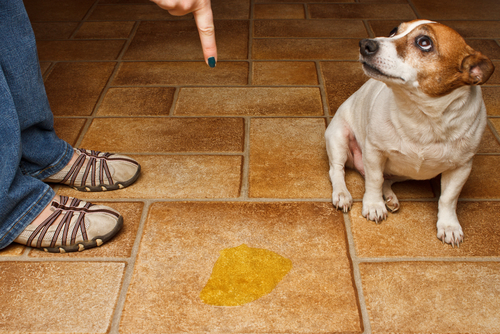
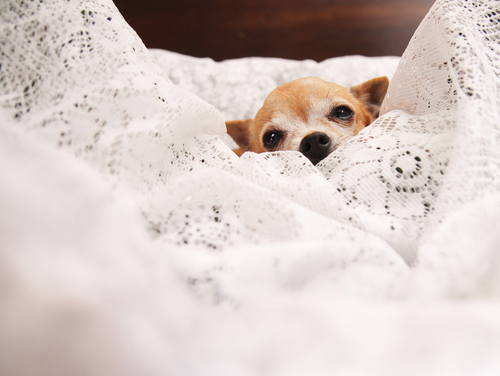
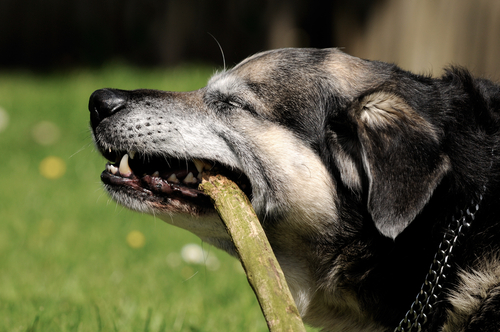
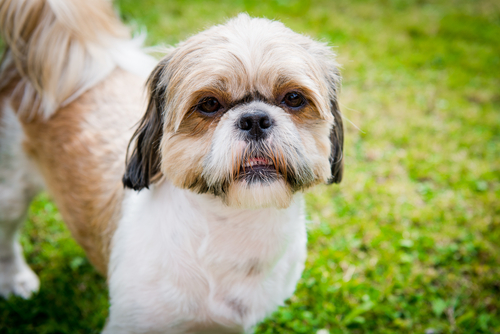
 Toledo, United States.
Toledo, United States.